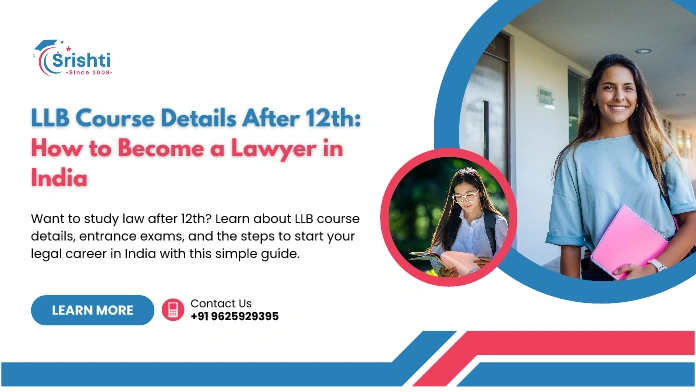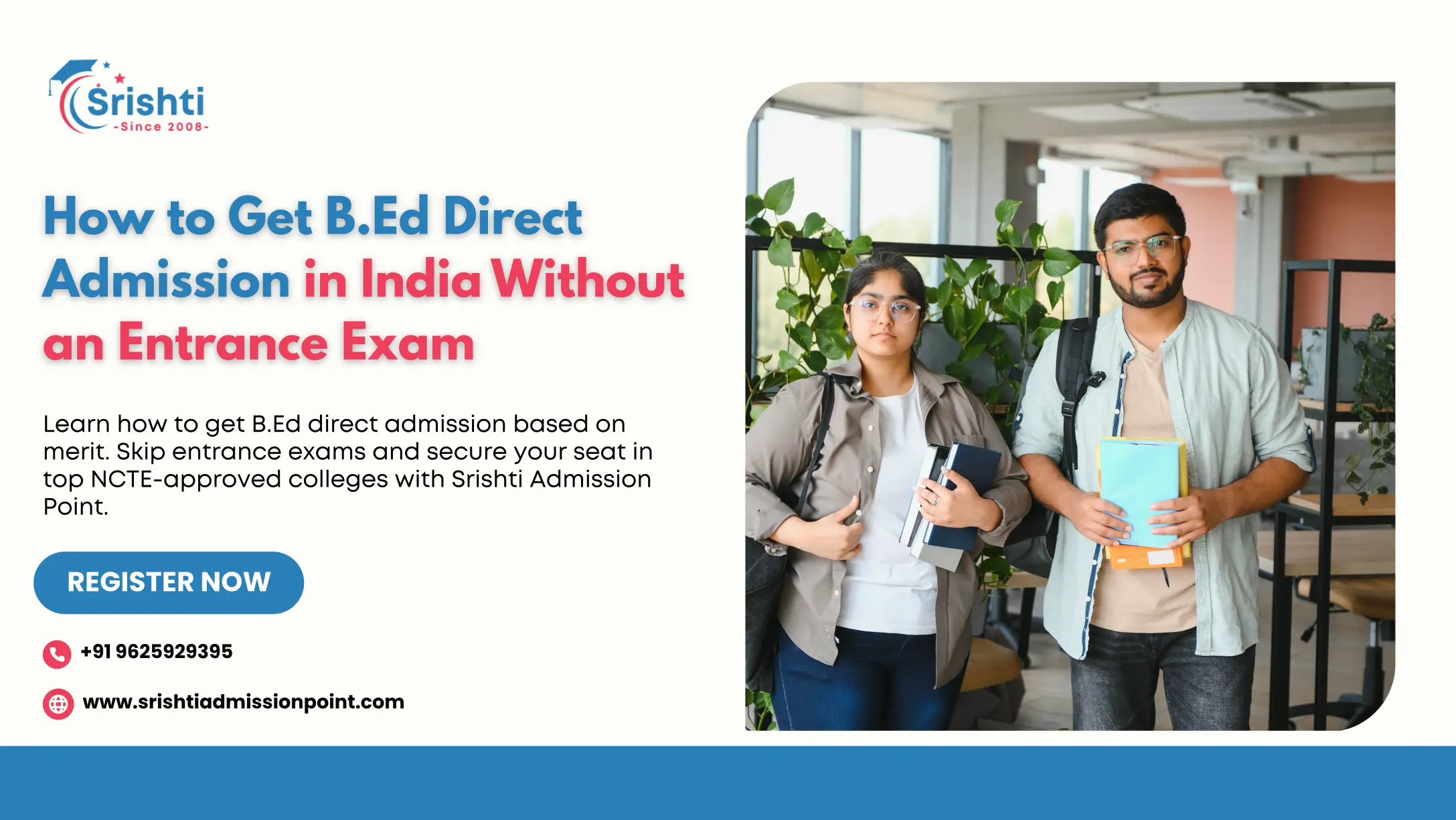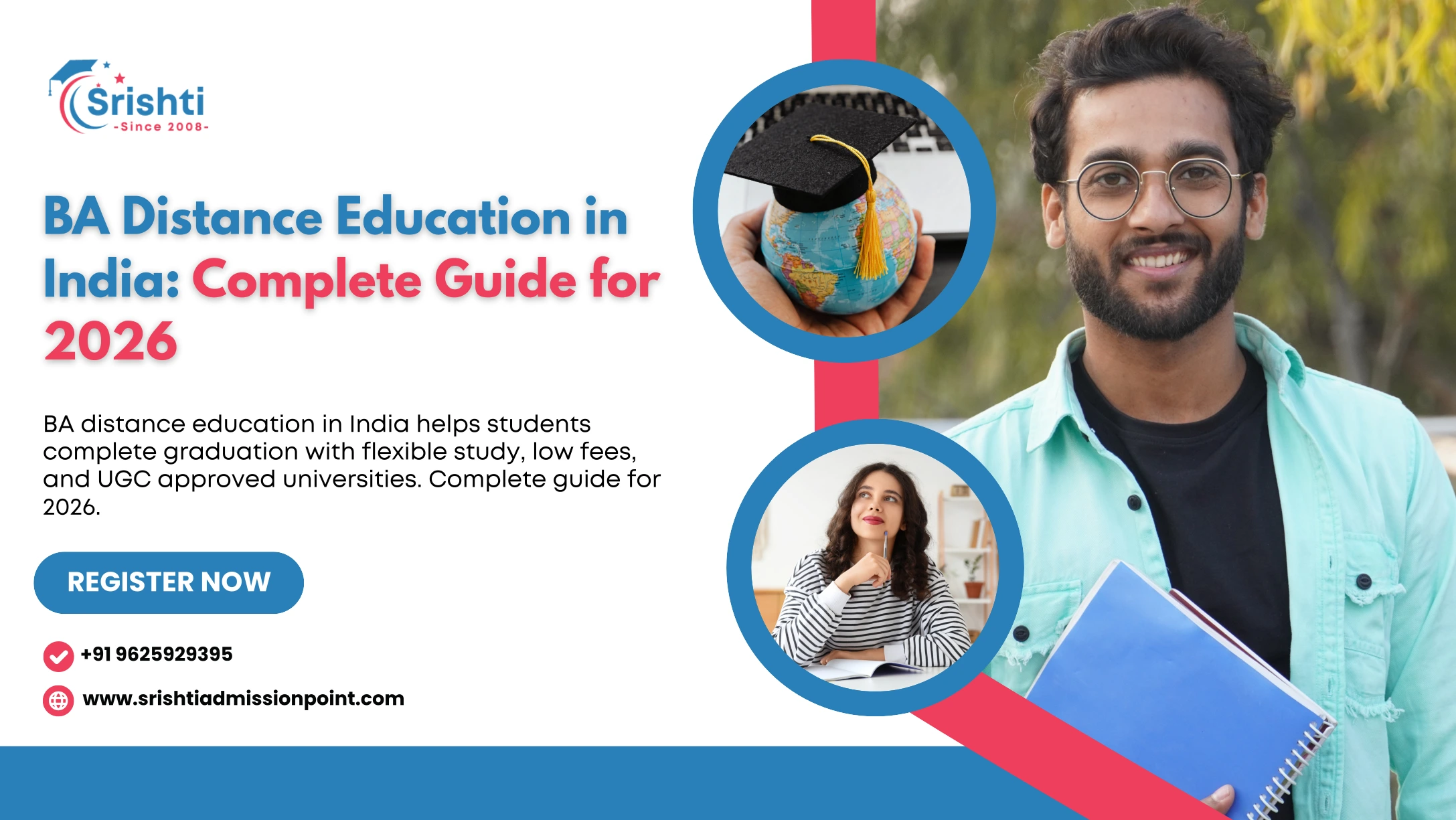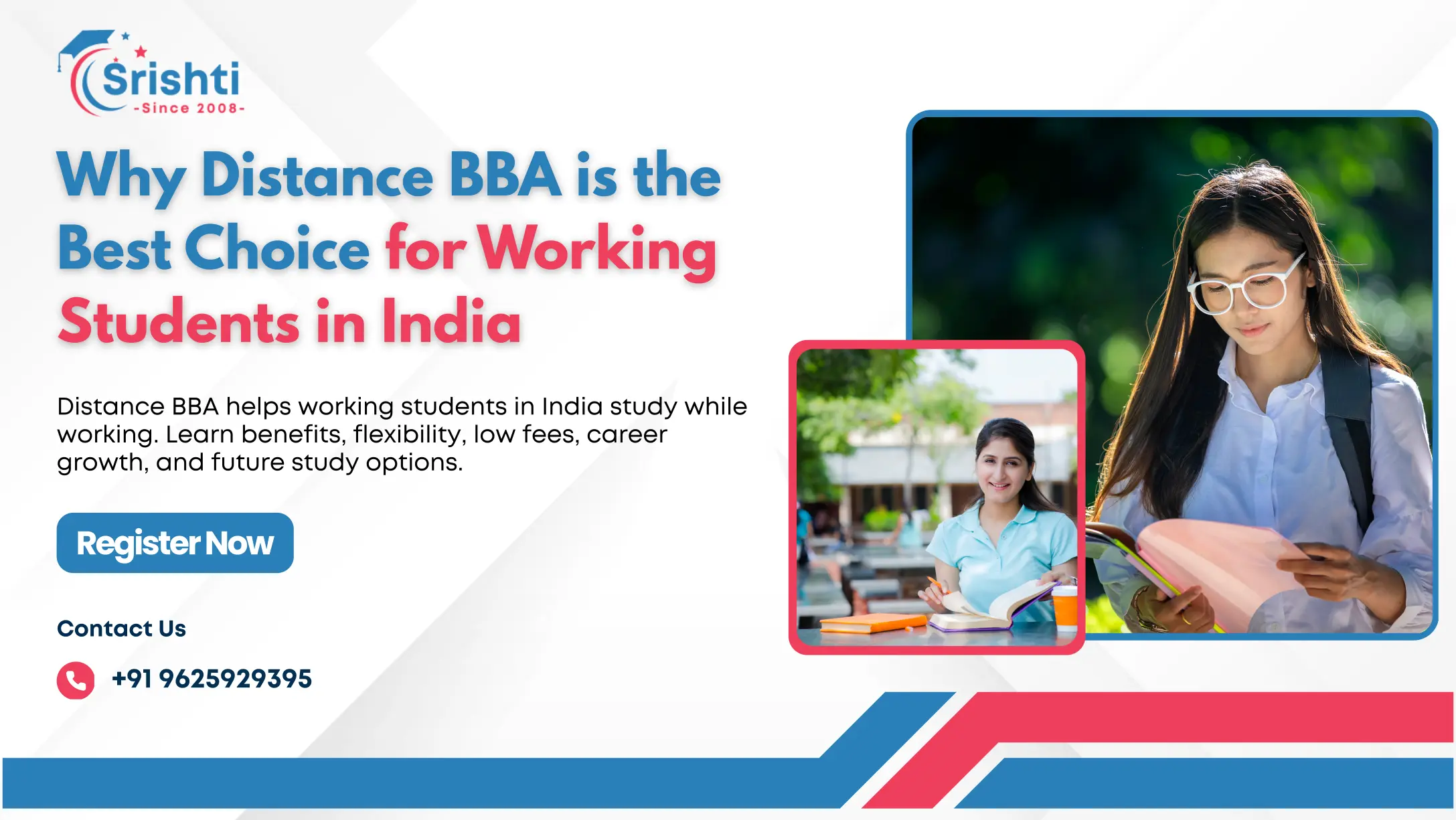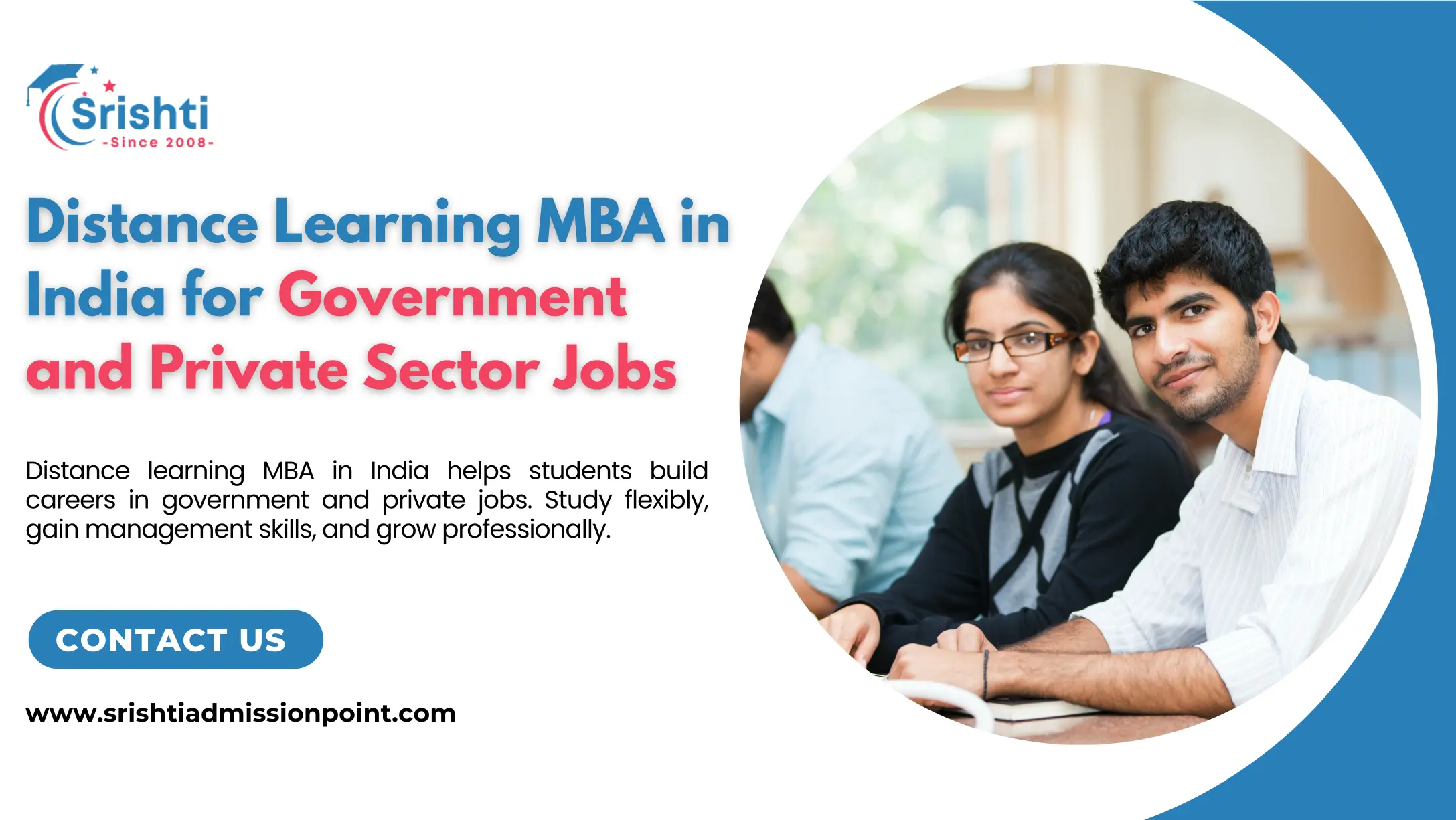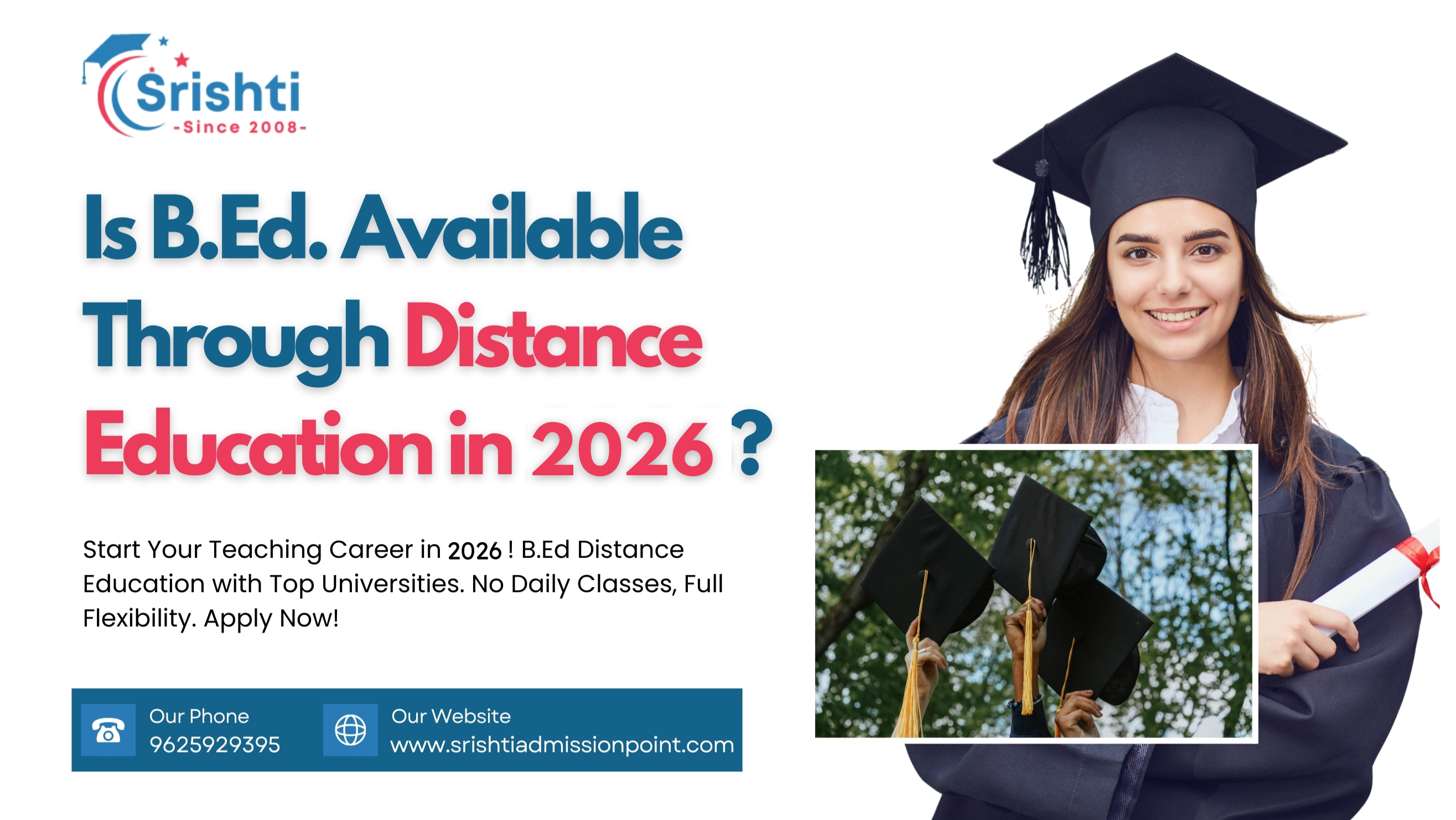
With the rising demand for qualified teachers in India, pursuing a Bachelor of Education (B.Ed) has become one of the most popular choices for graduates. But as not everyone can attend regular classes due to work, family, or personal reasons, many students ask: "Is B.Ed available through distance education in 2026?"
The answer is yes — several UGC and NCTE-approved universities are offering flexible distance B.Ed programs that allow you to balance learning with other commitments. However, just like regular B.Ed admissions, students must meet eligibility conditions and sometimes even prepare for entrance tests. If you are considering this route, it's wise to prepare early — here are some B.Ed Entrance Exam tips that can help.
Why Choose B.Ed Through Distance Education?
Distance B.Ed. Programs have gained popularity in recent years due to their flexibility and adaptability. Students who are already working, preparing for competitive exams, or engaged in part-time teaching can continue their education without relocating or attending daily classes.
Key Advantages:
- Flexibility of Learning – Study materials are available online or through self-learning modules.
- Time Management – Ideal for those balancing jobs and studies.
- Accessibility – Students from rural areas or remote towns can access education without having to relocate to large cities.
- Recognition – As long as the university is UGC and NCTE-approved, a Distance B.Ed. A degree holds equal value to a regular B.Ed.
- Cost-Effective – Often more affordable than regular programs.
Recognition of Distance B.Ed in 2026
For years, there has been debate around the recognition of distance B.Ed. Programs. However, in 2026, the distance B.Ed program continues to be valid, provided it is offered by an institution that has UGC and NCTE approval. These bodies ensure that the syllabus, evaluation system, and training modules are aligned with those of regular Bachelor of Education (B.Ed.) programs.
Candidates completing a distance B.Ed are eligible to:
- Apply for government teaching jobs.
- Appear for TET, CTET, and state-level teacher eligibility exams.
- Work in private schools, NGOs, and educational consultancies.
Who Can Apply for B.Ed Distance Education in 2026?
The eligibility criteria for B.Ed. Through distance education, the requirements remain similar to those for regular programs. Generally, you need:
- A graduation degree (B.A, B.Sc, B.Com, BBA, BCA, or B.Tech).
- Minimum 50% marks in Graduation (45% for reserved categories).
- Some universities require prior teaching experience (usually for in-service teachers).
For students applying this year, admissions are open under the B.Ed Admission 2026 program, which offers both direct and entrance-based processes, depending on the university.
Entrance Exams for Distance B.Ed
While many universities now offer direct admission to distance B.Ed., some still conduct entrance tests to shortlist candidates. These exams typically assess:
- General Awareness
- Reasoning Ability
- Teaching Aptitude
- Language Proficiency
If your university requires an entrance exam, make sure you prepare accordingly. The syllabus is usually lighter compared to competitive exams like UPSC or SSC, but preparation is still essential.
B.Ed. After Different Graduation Streams
One of the most significant advantages of B.Ed is that it's open to students from all streams. Whether you studied Arts, Commerce, Science, or even Engineering, you can apply for B.Ed as long as you meet the percentage criteria.
For example:
- A B.A graduate can opt for teaching Humanities or Languages.
- A B.Com graduate can pursue a career in teaching Commerce and Business Studies.
- A B.Sc. graduate can choose to teach Science and Mathematics.
- Even B.Tech graduates are eligible, often becoming school-level computer or technology educators.
If you're unsure whether your degree qualifies, here's a detailed guide on B.Ed after Graduation.
Distance B.Ed vs Regular B.Ed – Which is Better?
When deciding between distance and regular B.Ed., the right choice depends on your personal situation:
- Choose Regular B.Ed if:
- You are a full-time student.
- You want daily classroom interaction.
- You prefer traditional learning and direct access to teachers.
- Choose Distance B.Ed if:
- You are working or already teaching.
- You cannot relocate due to personal reasons.
- You need a more affordable option with flexibility.
Both modes are valid and recognized, so the decision is about convenience rather than credibility.
Career Opportunities After Distance B.Ed
Completing a distance B.Ed opens up multiple career options:
- Government School Teacher – Appear for CTET/TET and secure government teaching jobs.
- Private School Teacher – Work in CBSE, ICSE, IB, or State Board schools.
- Educational Consultant – Guide schools, NGOs, or institutes on curriculum and pedagogy.
- EdTech Industry – Online platforms hire trained educators to create and teach teaching modules.
- Higher Education Pathways – You can pursue M.Ed., Ph.D., or specialized courses after B.Ed.
Tips for Success in Distance B.Ed
- Choose the Right University – Ensure it has UGC and NCTE recognition.
- Stay Disciplined – Distance learning requires self-study and consistent effort.
- Use Online Resources – Engage with digital lectures, practice tests, and online communities.
- Balance Work and Study – Make a realistic timetable to handle both effectively.
- Plan – If you aim for government jobs, align your studies with TET/CTET exam preparation.
Final Thoughts
Is B.Ed available through distance education in 2026? The answer is a clear yes. Many universities across India continue to offer UGC- and NCTE-approved distance B.Ed programs, making them valid and recognized for both private and government jobs.
For working professionals or those unable to attend regular classes, a distance B.Ed. is a flexible and affordable way to qualify as a teacher. With the right approach, discipline, and university choice, you can build a strong career in education while balancing your other responsibilities.
Whether you pursue a distance or regular B.Ed., the ultimate goal remains the same — becoming a skilled, certified teacher who shapes the future of students and society.
Recent Post


